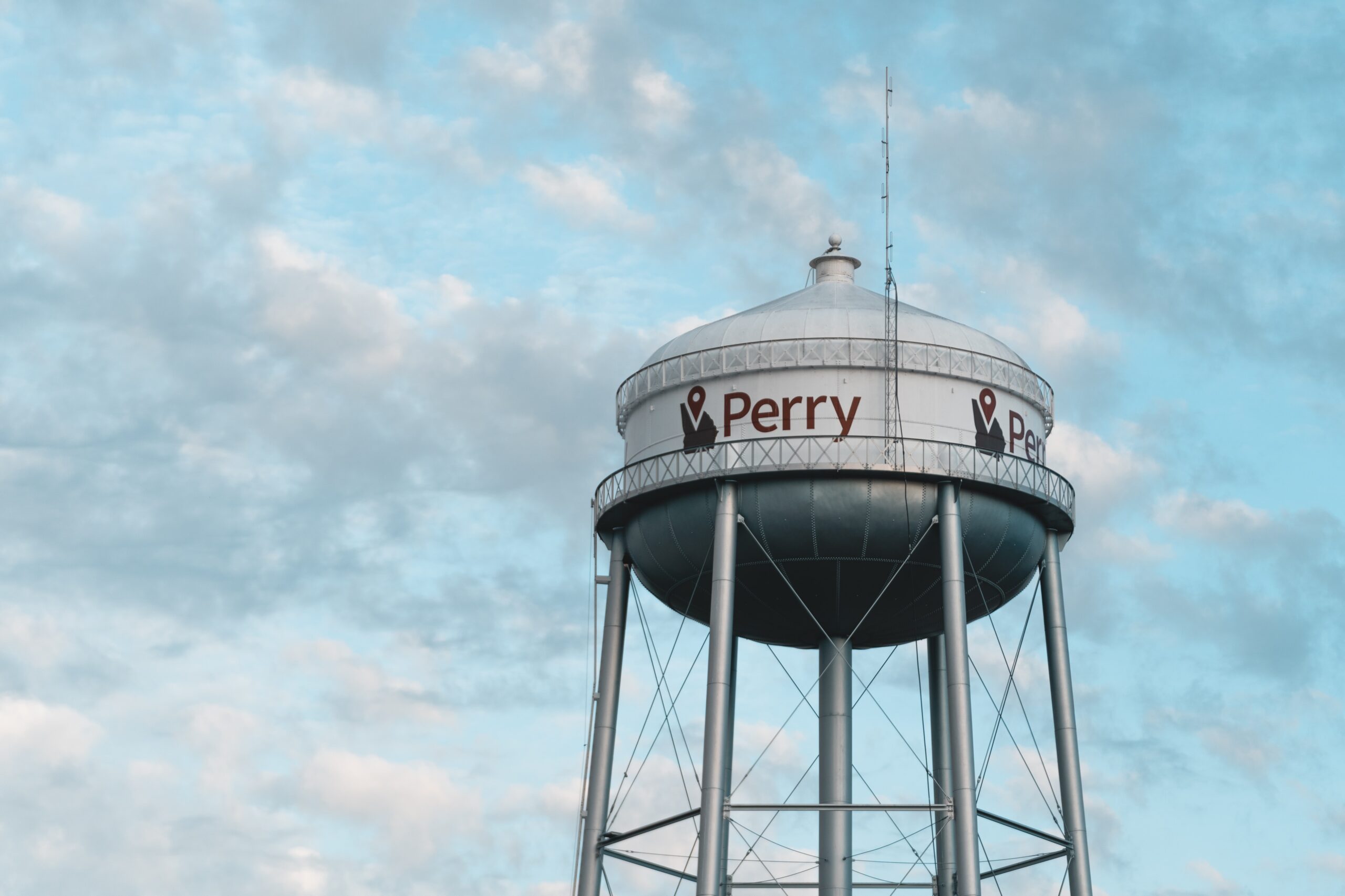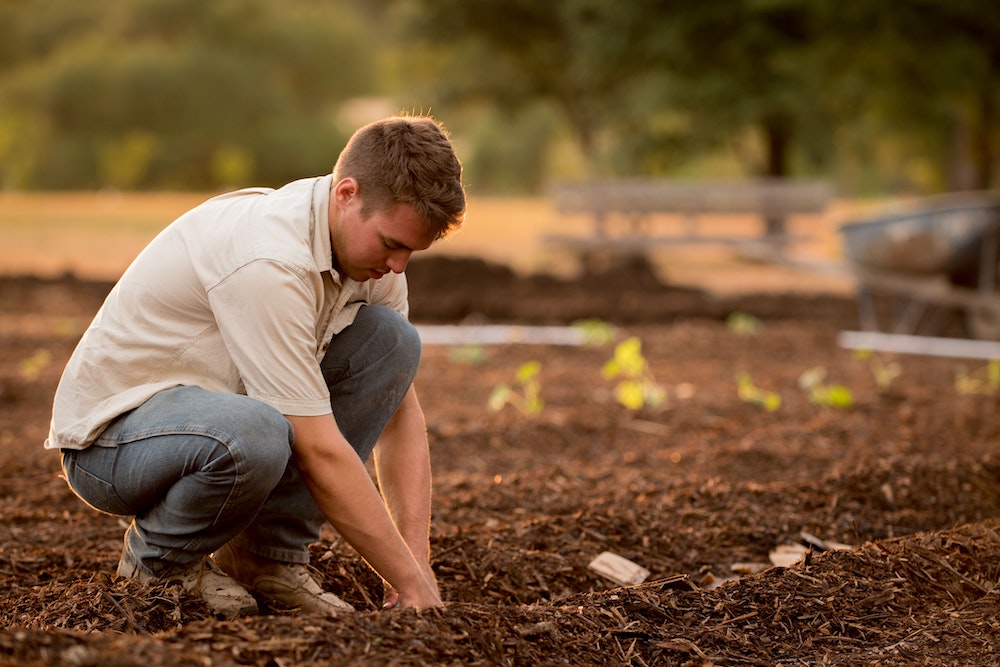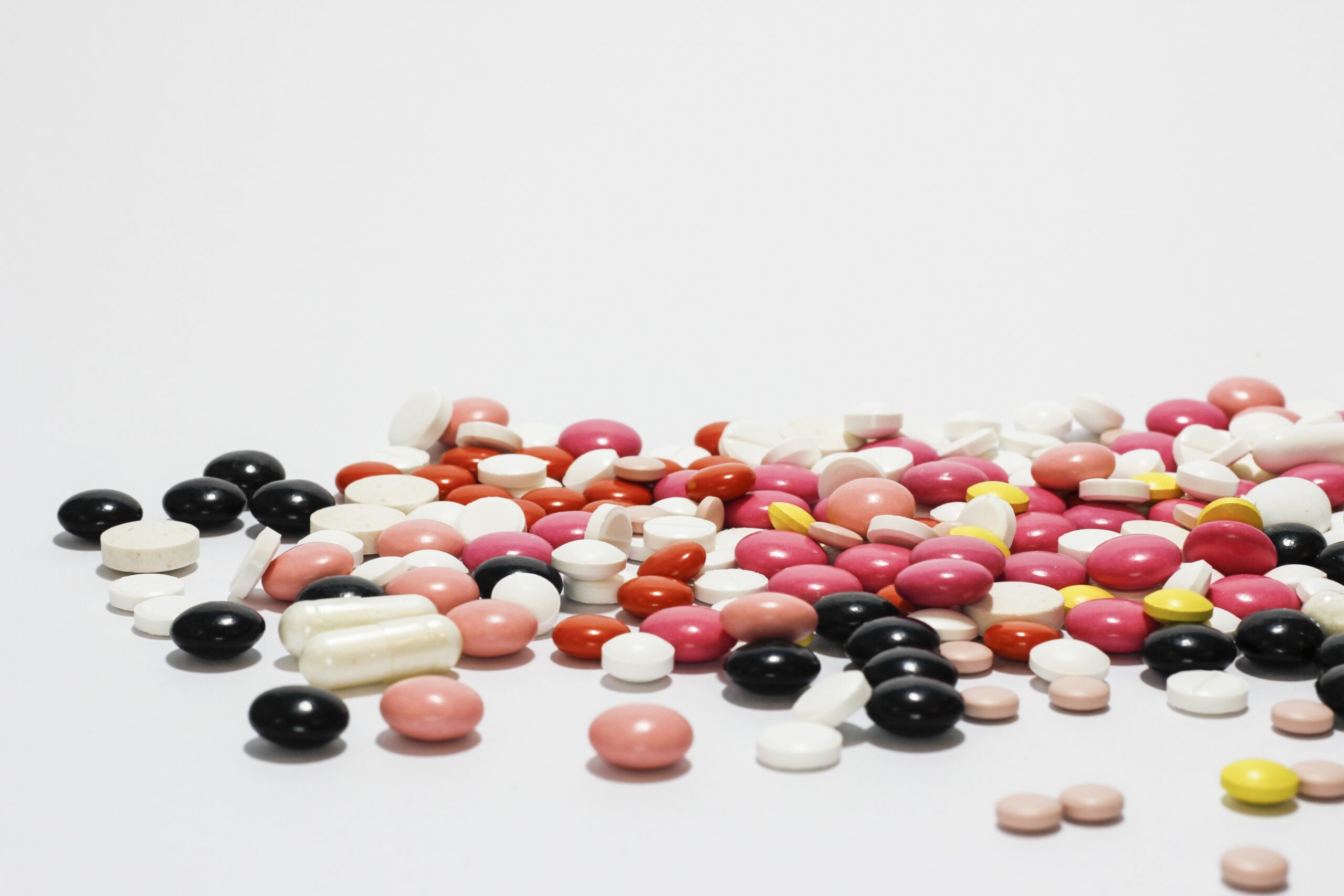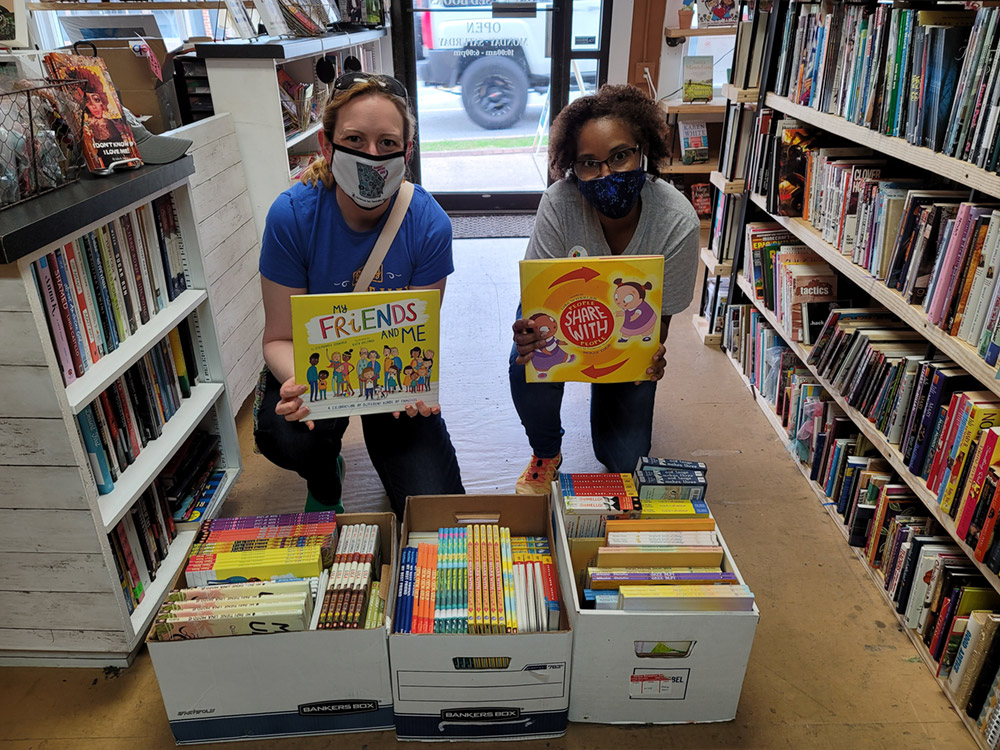Issues of Interest
Our mission is to highlight how science can impact people’s lives and advocates for the responsible use of science in public policy. We do this by engaging with policymakers and working to ensure that at each step of the legislative process the most relevant and up-to-date science and data are considered.
We focus on the basics – food, water, land, health, and education and workforce. Focusing on these interconnected basics allows us to not only improve lives, but also to improve the economy and the environment. We identified “science levers,” pivot points that can make a difference in breaking out of vicious cycles surrounding subjects such as food insecurity and low-literacy and turning them into virtuous cycles where a rising tide lifts all boats.
Just as we did not end up in vicious cycles overnight, we cannot expect to rebuild Rome in one day. Patience and persistence in the form of relentless incrementalism is how sound research is done, and how real progress is made. Here you’ll find issues where there are evidence-based science levers that can create positive change.
Environmental Burden
From food to water to land – supply, access, and utilization impacts our health, our lives, the economy, and the environment. This interconnectedness is studied via a broad scientific area referred to as environmental health.
Unfortunately, the burdens of environmental impacts on community health and wellbeing are disproportionally distributed and often have an outsized effect on those with few resources. This drives communities into vicious cycles.
At Science for Georgia we are working closely with communities and partner groups to identify and advocate for evidence-based best-practices that can create positive change.

Healthy Food Cycles
Understanding what we have, how communities work together, and strengthening public-private partnerships.

Healthy Water Systems
Protecting our water resources from external harm and utilizing them in a sustainable manner.

Healthy Land Utilization
Understanding soil is a part of the biome can aid us in understanding how we can utilize land for all our needs.

Public Health
Evidence-based practices that support healthy Georgians.

Workforce
Evidence-based practices that support a prepared workforce.
Science Catalyzers
Throughout the year, and especially during the legislative session, there are opportunities to reach out to policy makers and government officials to provide information and commentary on specific issues (especially those highlighted above).
If you would like to be contacted about these opportunities, please click the button to sign up for our newsletter and to sign up for the Catalyzer Action Network – so we can send you specific calls to action.
Thank you for making science matter here!

